“Today we will sign a memorandum of understanding with dozens, maybe even more, of leading companies – ready to come and develop the economy of Crimea as soon as it returns to Ukraine.”
Ukrainian President Zelensky said this at a press conference on the sidelines of the Crimea Summit. This is the third international event on Ukraine's vision for the future of Crimea and security issues in the Black Sea region.
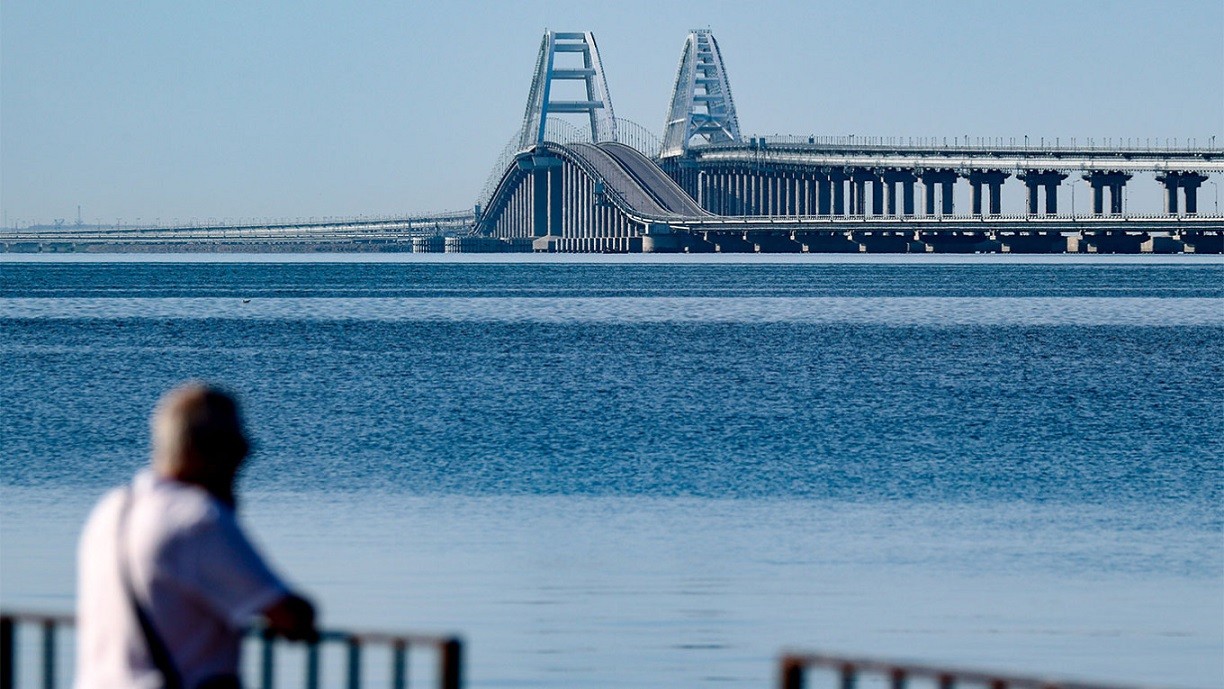 |
| The Crimean Bridge across the Kerch Strait connects the Crimean peninsula with mainland Russia. (Source: TASS) |
Introducing the plan to develop the economy of Crimea, Mr. Zelensky said he wants the peninsula to develop activities other than tourism during the hot season.
Mr. Zelensky emphasized that specific steps are being calculated in the context of the current security situation in Crimea.
According to the calculations of the head of the Ukrainian state, after the return of Crimea, a temporary military government will be established on the peninsula. However, Mr. Zelensky also added that, in reality, it is quite difficult, but the annexation of the Crimean peninsula back to Ukraine is important.
The Ukrainian president also said that Kiev is pinning its hopes on the EU and expressed confidence that Crimea as part of the Ukrainian state within the EU would be "a completely different story".
Ukraine’s economy has recently received some new, positive information. On August 24, a spokesperson for EU Solidarity Lanes said that more than 40 million tons of Ukrainian grain had been successfully transported, after Russia announced that it would not continue to extend the Black Sea Grain Initiative. Ukraine and Russia are both leading grain growers and exporters in the world.
The EU Solidarity Lanes allow the safe transit of more than 40 million tonnes of Ukrainian agricultural products, and the number is growing, EU External Action Service spokesman Peter Stano told reporters. He also stressed that the Solidarity Lanes have allowed for more exports than could be shipped through the Black Sea Grains Initiative.
However, “this is only a temporary solution, in case normal navigation in the Black Sea has not been restored,” Mr. Peter Stano noted.
Meanwhile, Ukrinform has just reported that, in the context of Ukraine's economic development still facing many difficulties due to the Russia-Ukraine conflict, the Swedish multinational fashion group H&M announced that they plan to gradually reopen most of their stores in Ukraine, starting this November.
Accordingly, the company said it is monitoring developments in Ukraine and is in close dialogue with its partners and the Ukrainian government to implement its return plan. H&M said it also plans to participate in relief programs, cooperate with local organizations, and support Ukraine in its recovery process.
H&M Group has temporarily closed stores in Ukraine since February 24, when the Russia-Ukraine conflict broke out.
However, there is also some negative news coming to Kiev, when the Solidarity Lane is sometimes “difficult to pass”. Most recently, Hungary has decided to extend the ban on Ukrainian grain imports to five EU countries after September 15. This has just been officially announced by the Chief of Staff of the Hungarian Prime Minister Gergely Gulyás.
Mr Gulyás added that Budapest is ready to reimpose the national import ban if the EU does not extend the embargo.
In May 2023, the European Commission (EC) banned the import of wheat, corn, rapeseed and sunflower from Ukraine to five countries, including Bulgaria, Hungary, Poland, Slovakia and Romania, at the request of the above countries. On June 5, the ban was extended until September 15.
Previously, the agriculture ministers of the five EU countries also adopted a joint statement in Warsaw on July 19, emphasizing that the EC's embargo on the import of Ukrainian grain will be extended until the end of 2023, while maintaining transit.
Polish Prime Minister Mateusz Morawiecki also said that if the EC refuses to extend the ban after September 15, the country will unilaterally "close its borders".
According to information from the Ministry of Economy of Ukraine, in the first quarter of 2023, Ukraine's GDP decreased by 10.5% compared to the same period last year. However, according to the Ministry's assessment, the decrease was milder than their initial forecast (down 14.1%).
Ms. Yulia Svyrydenko, First Deputy Prime Minister and Minister of Economy of Ukraine, commented that the above actual figures show that the Ukrainian economy is adapting and recovering at a faster rate than previously forecast.
Ukraine's economy contracted by around 33% in 2022 following the conflict with Russia. However, Kiev and analysts expect a slight growth in 2023.
Source



![[Photo] National conference to disseminate and implement Resolution No. 66-NQ/TW and Resolution No. 68-NQ/TW of the Politburo](https://vphoto.vietnam.vn/thumb/1200x675/vietnam/resource/IMAGE/2025/5/18/adf666b9303a4213998b395b05234b6a)

![[Photo] Prime Minister Pham Minh Chinh chairs meeting on science and technology development](https://vphoto.vietnam.vn/thumb/1200x675/vietnam/resource/IMAGE/2025/5/17/ae80dd74c384439789b12013c738a045)
![[Photo] More than 17,000 candidates participate in the 2025 SPT Competency Assessment Test of Hanoi National University of Education](https://vphoto.vietnam.vn/thumb/1200x675/vietnam/resource/IMAGE/2025/5/17/e538d9a1636c407cbb211b314e6303fd)





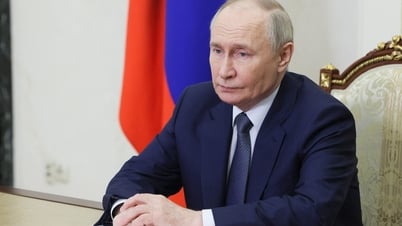


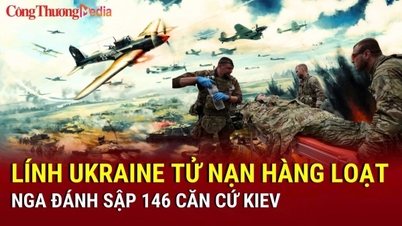
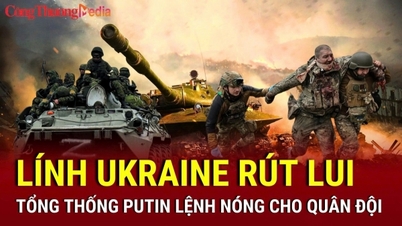




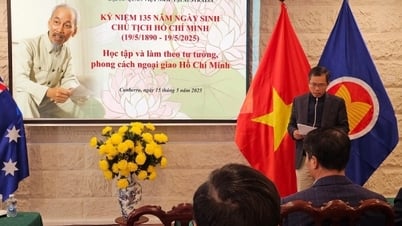

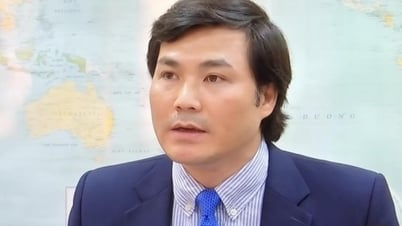





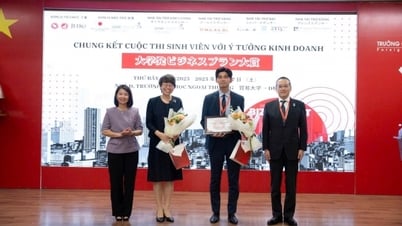
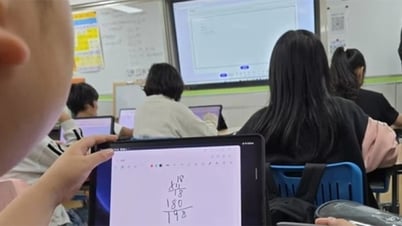
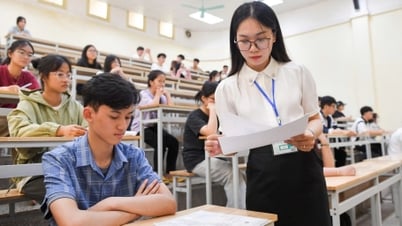
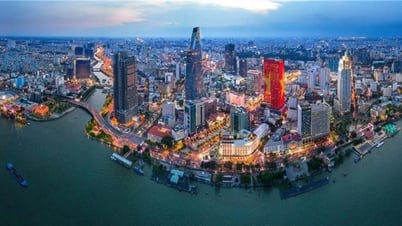
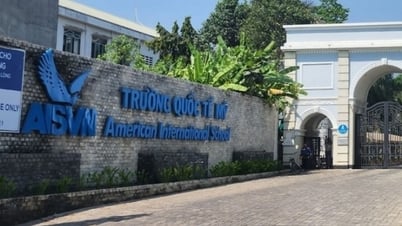
![[Photo] Readers line up to visit the photo exhibition and receive a special publication commemorating the 135th birthday of President Ho Chi Minh at Nhan Dan Newspaper](https://vphoto.vietnam.vn/thumb/1200x675/vietnam/resource/IMAGE/2025/5/17/85b3197fc6bd43e6a9ee4db15101005b)





















































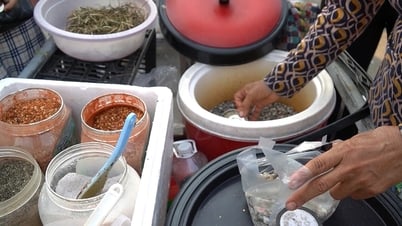
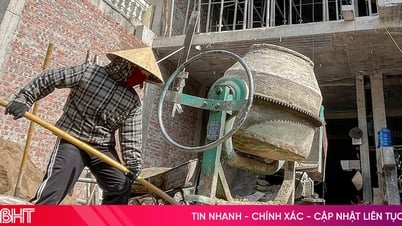
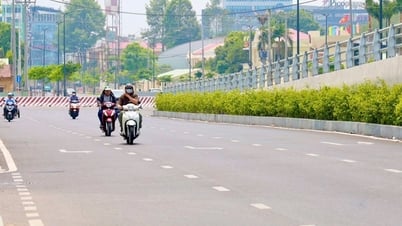
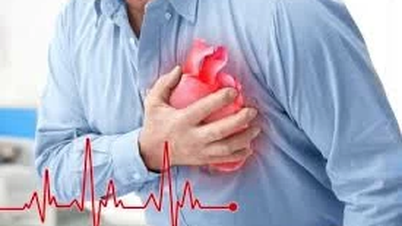











Comment (0)